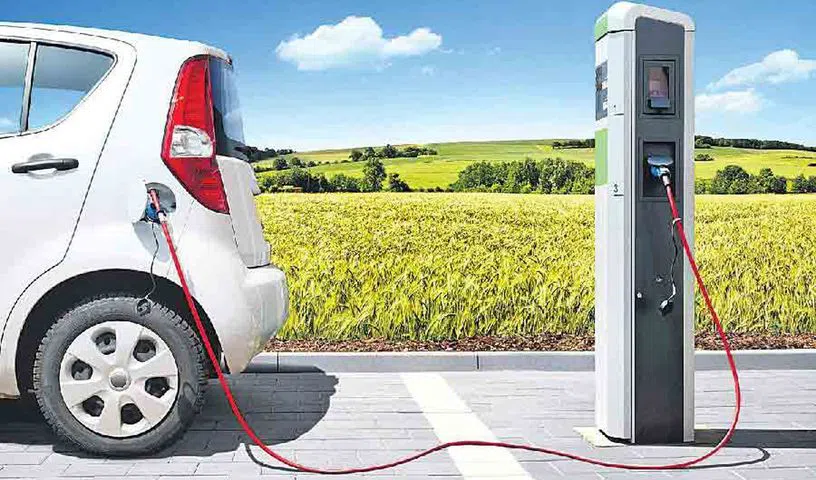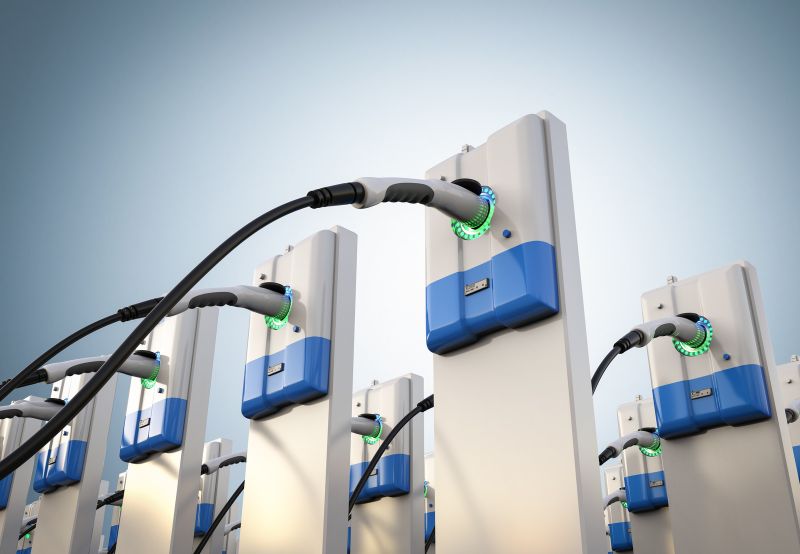The government has cut the approval time for electricity connection for electric vehicle charging stations to three days for metropolitan areas from seven days earlier and seven days in municipal areas from 15 days.
The Centre has unveiled proposals to streamline the process for securing electricity connections for electric vehicle (EV) charging stations.The Bureau of Energy Efficiency (BEE), has issued a draft Standard Operating Procedure (SOP) for a single window system for grant of electricity connections by distribution companies (Discoms) to EV Charge Point Operators (CPOs) with minimum documentation. The government has cut the approval time for electricity connection for electric vehicle charging stations to three days for metropolitan areas from seven days earlier and seven days in municipal areas from 15 days.
According to the new norms, distribution companies are required to develop a user-friendly online single-window clearance system to accelerate the provision of electricity connections to EV charging stations. Additionally, State nodal agencies and municipal authorities have been tasked with conducting annual assessments of the geographic distribution of potential EV charging demand to better address infrastructure needs. Individual EV owners could charge their vehicles at home using existing connections and apply for additional loads if needed. Domestic consumption tariffs will apply for EV charging. Group housing societies and other entities with common parking spaces must allocate at least 10 percent of their parking capacity for community EV chargers, in consultation with discoms, the guidelines stated.
Workplace and e-bus depot charging stations have to follow similar guidelines for installation and tariff application, ensuring proper charging infrastructure and power load management. As per the new guidelines, in urban areas, at least one charging station should be available within a 1 km x 1 km grid by 2030. Additionally, charging stations should be set up every 20 km on both sides of highways, expressways and roads. The proposed cost of supply by the distribution licensee to EV charging stations will be 0.7 times the average cost during solar hours and 1.3 times during non-solar hours, the guidelines said.
The draft also specifies that separate metering arrangements should be implemented at EV charging stations, enabling the recording and billing of consumption according to the applicable tariff for EV charging stations. According to power officials, the single window clearance system was designed to simplify and accelerate the approval process for setting up EV charging stations. It integrates various clearances required from different government agencies into a single platform, thereby reducing the time and effort involved in obtaining necessary permissions, the officials informed.
“This initiative is expected to drive significant investments in the sector, creating numerous job opportunities and fostering technological advancements. The increased availability of charging stations is also likely to encourage more consumers to switch to electric vehicles, contributing to a cleaner and more sustainable environment,” the officials pointed out.

